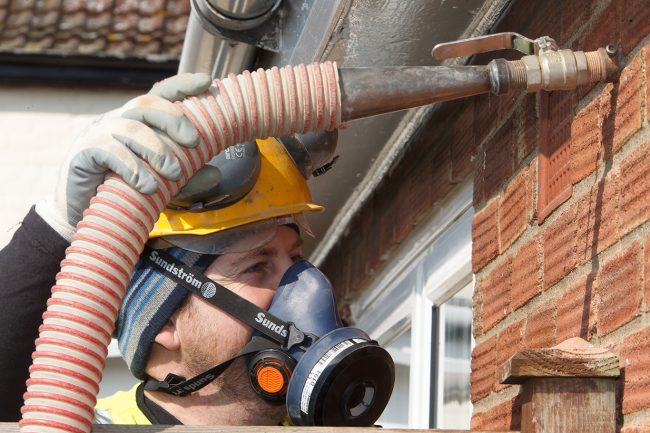Boat insulation is more than just a luxury; it is a key component to your safety and comfort on the water. Whether you are looking for thermal protection, condensation control, or noise reduction, modern marine insulation solutions like those from Spray Foam Tech offer the best of both technology and skilled application.
Cost
Boat insulation is a crucial investment in protecting a vessel from moisture damage, enhancing onboard comfort, and safeguarding its long-term value. However, the upfront cost of marine insulation can sometimes be a deterrent to boat owners.
The type of insulation used, the complexity of the job, and any preparatory work needed can influence the overall cost. For example, spray foam insulation is more expensive than traditional materials, but its superior sealing capabilities and durability make it a cost-effective solution in the long run.
Spray foam insulation also provides great noise reduction. No more yelling at your friends and family when they start their engines! Insulation can acoustically separate engine noise from other areas of the boat, creating a peaceful and relaxing atmosphere on board. In addition, insulation helps reduce condensation, which can cause mold and mildew on boats. This will significantly prolong the life of your vessel.
Energy Efficiency
The allure of marine adventures has long captured the imagination of humanity. From gliding across the waves in a narrowboat to navigating the vast expanses of a mega yacht, boats and marine vessels offer a gateway to a world filled with serenity and adventure. However, they also require robust insulation to ensure that their occupants stay comfortable and safe onboard.
Thermal insulation helps to conserve energy, which is especially important in the UK where rising fuel costs are a concern. Insulating materials help to prevent heat from escaping, so it’s crucial that they are applied in the right places.
Insulation also protects against condensation, which can lead to mildew and other water damage. In addition, it provides a protective barrier that can help to minimise wear and tear on other equipment. It can also increase the resale value of your boat by offering a high-quality onboard environment.
Durability
The allure of marine adventures has captured the imaginations of many, offering a mesmerising blend of adventure and serenity. Whether you’re a seasoned sailor or weekend cruiser, top-quality boat insulation is essential to optimise your onboard experience and protect your vessel from moisture damage.
Insulation will help to prevent heat loss and gain, helping to maintain a comfortable temperature throughout the year. It will also reduce the risk of condensation, which can lead to mould and corrosion.
The best boat insulation is spray foam, which can be easily applied to a variety of hold configurations. The sprayed material is highly durable and can fill small voids and contours, making it ideal for older vessels that may have had poor or non-existent insulation. The expert team at Spray Foam Tech can provide tailored insulation solutions for your marine vessel, ensuring optimal results. Contact them today to discuss your options. They are dedicated to delivering leading marine insulation solutions, enhancing comfort and preserving your investment.
Noise
For many people their boat is their escape from the rat race and time to relax with family and friends. This can be difficult to do if you have to shout over engine noise. The good news is that you can use soundproofing to reduce noise on a boat.
Correct marine insulation also protects your equipment from damage caused by condensation and helps to maintain steady temperatures for optimal mechanical working conditions. Soundown offers products and systems for commercial, luxury and defence vessels that significantly reduce noise levels onboard.
For example, spray-in-place foam insulation can be applied to machinery enclosures to absorb reflected noise that would normally bounce around the room and increase the noise level in the cabin. Other materials such as Decidamp can be used to control vibration or ringing of metal panels and structures, including propeller tunnels and machinery casings. These products are liquid-tight and fire-resistant. They are also very effective at reducing noise and vibrations from generators and engines.

